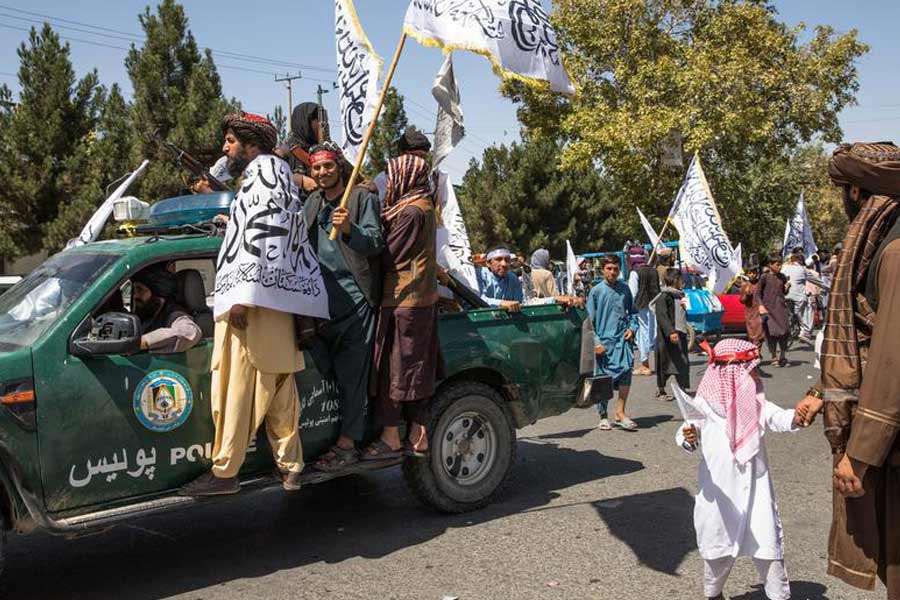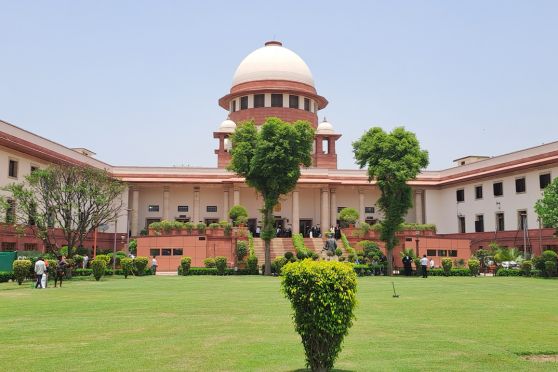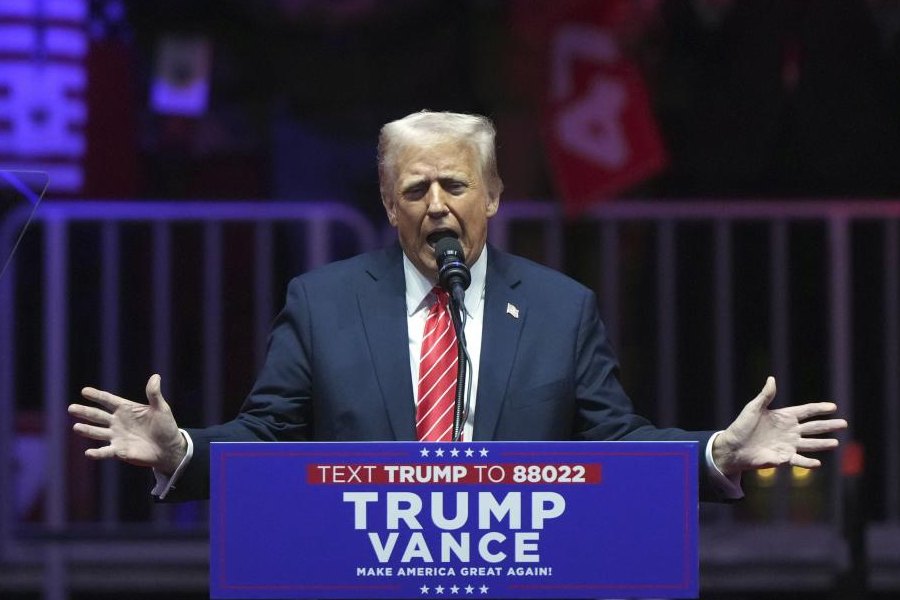Hibatullah Akhundzada, the emir of the Taliban, had announced that the Taliban would re-impose such harsh punishments as flogging and stoning against women convicted of moral crimes. In his statement, Akhundzada claimed that women’s rights as advocated by the international community go against the sharia and that the Taliban will continue to fight against Western liberal democratic values.
The Taliban’s repression of women is well-documented. But this was the first time that the emir issued a clear statement on the matter. This is significant in light of the pressure that the international community has been exerting on the Taliban to protect the rights of women and minorities in Afghanistan.
Since the Taliban returned to power in Afghanistan, women and minorities have borne the brunt of its conservatism. The Taliban claims that its policies represent ‘true Islam’. This claim is contested because there are numerous Islamic scholars who support women’s rights. But why does the opinion of the clergy allied to the Taliban differ from other Islamic clerics?
Stemming from an Islamist movement in the early 1990s and greatly influenced by Deobandi Islam, the Taliban hail predominantly from the Pashtun tribe whose cultural values prioritise the domestication of women. Among the edicts to be followed by Afghan women are the obligatory purdah and restrictions on mobility. But these policy diktats seem less guided by Islam and are more of a tactic to rid the public sphere of women so as to curb their demand for equal rights. Between 1996 and 2001, the Taliban opposed the concept of a mixed-gender society, closed schools for girls, and barred women from working. After returning to power, the Taliban made pledges during the Doha negotiations that women would be allowed to study and work. Soon enough, it reneged on these pledges.
The US occupation of Afghanistan helped liberate Afghan women. In 2001, a ministry of women’s affairs was established to promote women’s rights and empowerment. In the new Constitution that was adopted in 2004, 25% of parliamentary and provincial council seats were reserved for women along with 30% of civil service positions. Girls who had been denied education by the Taliban were able to go to school. Many women became integral to public services, working in NGOs and other sectors of the Afghan economy. They, thus, began contributing to Afghanistan’s politics and economy.
But as the West began withdrawing in the face of a resurgent Taliban, women’s rights became a secondary issue. During the signing of the deal with the Taliban in Doha in 2020, the US was more concerned about withdrawing from the country than making the Taliban commit to protecting women’s rights. Within weeks of returning to power, the Taliban announced an interim government: hardly any woman found a place in the new arrangement. In yet another troubling sign, the Taliban replaced the ministry of women’s affairs with the ministry for the propagation of vice and the prevention of virtue to negate women’s agency.
The international community cannot turn a blind eye to the sufferings of Afghan women under the Taliban. It must raise this issue with the Taliban. The regime must be told that international aid or recognition would remain conditional on the Taliban honouring the rights of women and minorities. The United Nations — it has a global mandate — should lead the campaign to empower Afghan women. It might consider the following possibilities. The UN can act as an arbitrator to broker an agreement, offering what the Taliban needs in return for the latter’s commitment to improve women’s lives. The UN can mobilise nations, including China, asking them to make their investments in Afghanistan conditional upon the Taliban ensuring the rights of all sections of Afghan society. Finally, the UN can employ Afghan women in the teams that deal with the Taliban so that the latter understands the benefits of the presence of women in the economic, social and political spheres.
Muneeb Yousuf and Nazir Ahmad Mir are researchers at the Manohar Parrikar Institute for Defence Studies and Analyses, New Delhi. Mudassir Fatah is an independent researcher based in New Delhi











